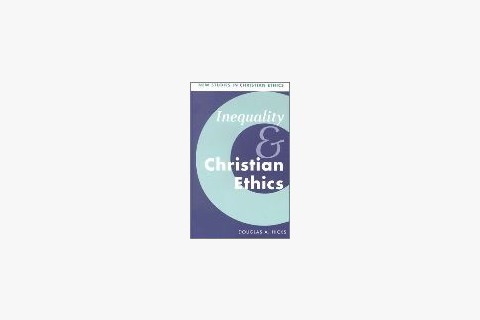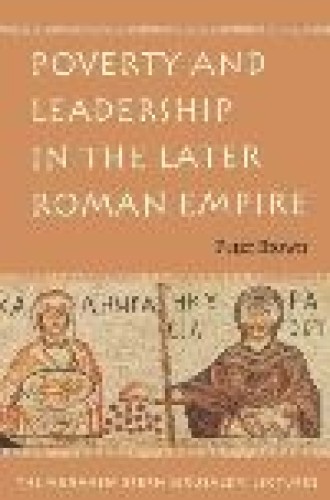Features
Blind spots: Christianity and postmodern philosophy
Postmodernism means different things in different contexts. In philosophy the term refers to certain currents in French philosophy since the 1960s, including especially thinkers such as Jacques Derrida, Michel Foucault and Jean-François Lyotard. They have often been portrayed by critics as an academic axis of evil—corrupters of youth who propound a relativistic and cynical nihilism according to which “anything goes.”
Pray and vote: Political sloth
Even before the invasion of Iraq had begun, the cry went forth through and from the churches: Pray! Pray for the soldiers, pray for the civilians, pray for peace. So I preached, and so I did. I wonder, though, if God didn’t answer our petitions with one of his own: Vote!
Insufficient funds: When hard work doesn't pay
Are the poor blessed or lazy? The prevailing answer in America is lazy. The welfare revolution of the past decade put the poor to work. The Personal Responsibility and Work Opportunity Reconciliation Act of 1996 changed the social support system. As the name of the law implies, people are held personally responsible for getting out of poverty by taking advantage of work opportunities.
Reform, round two: Work harder
Funding for the 1996 law that changed welfare had an expiration date of September 30, 2002. So last year, Congress had an opportunity to renew and revise the system. The House and Senate disagreed, however, about funding amounts and changes for the system. Because fighting poverty was lower on the legislative agenda than fighting terrorism, only a funding extension won approval from a lame-duck Congress in the fall.
Responding to poverty: A faith-based tool
Welfare reform has triggered experimentation by states, which are responsible for its administration, and copious research about what works. In this search for effective answers, the prevailing way of thinking about welfare and poverty has also cast a spotlight on religious congregations and the potential support they provide. Amy Sherman of the Hudson Institute, who has researched faith-based social service programs extensively, says that welfare reform has been a success insofar as it has changed how society thinks about helping the poor.
Mind the gap
Pineapple, an eight-year-old growing up in the Mott Haven district of the South Bronx, wanted to become a pediatrician, she told Jonathan Kozol. She was among the Hispanic and African-American children Kozol came to know through the after-school program at St.
Dogged pursuit
Merging a love story with a political thriller is a daunting challenge for a filmmaker. I remember seeing Warren Beatty's Reds in 1981 and thinking that while the John Reed-Louise Bryant love story was engaging, Beatty could have used help from someone like Constantin Costa-Gavras in staging the scenes of political revolution. When I saw Costa-Gavras's Missing just a year later, I was impressed by the high-tension scenes on the streets of Chile, but underwhelmed by the personal dramas. Perhaps he could have used the input of someone like Beatty.
Books
Inventing the poor

Tilting right

The Amish in the American Imagination, by David Weaver-Zercher




